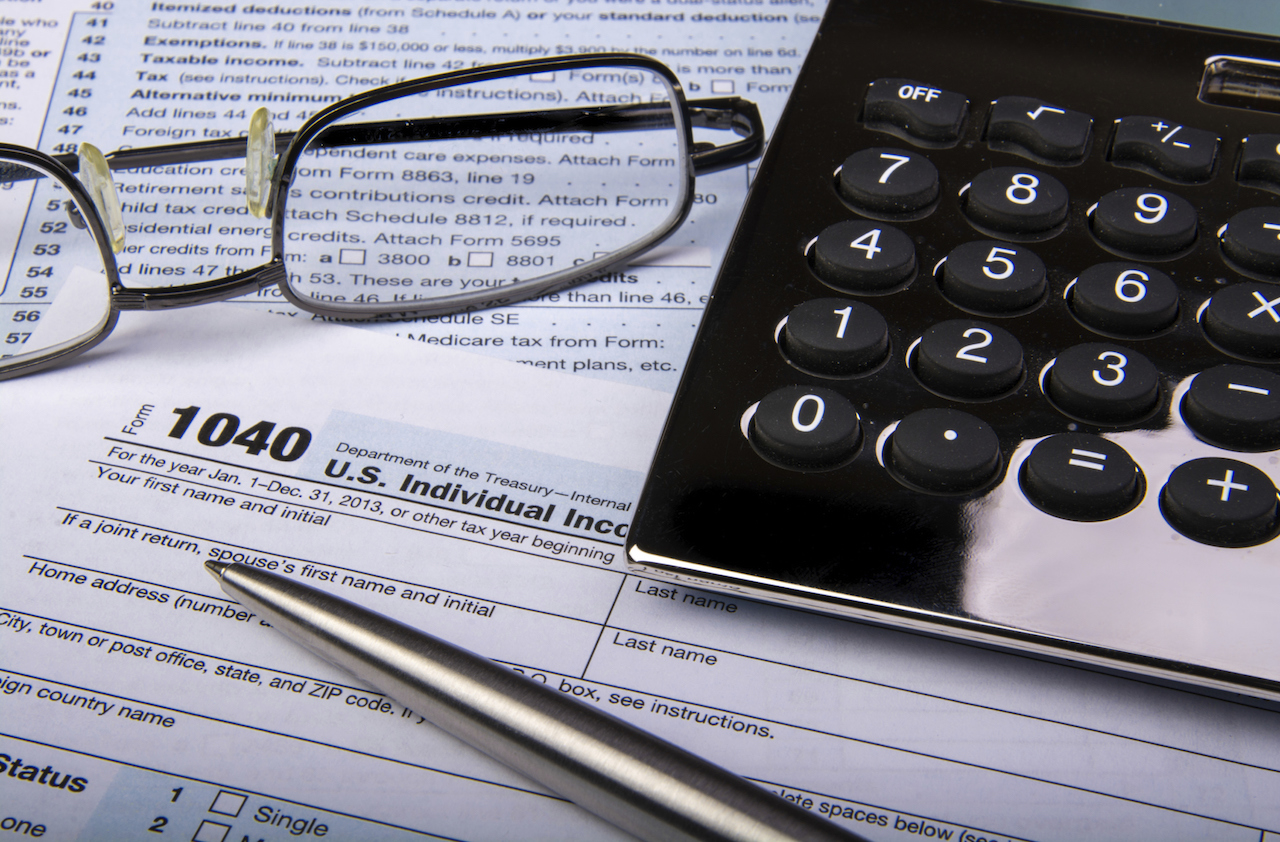Our Forecast for Bush Tax Cuts in 2011: A Hit on the Wealthy
Tax rates for low- and middle-income earners will likely stay the same. But the rich won't be so lucky.
Profit and prosper with the best of Kiplinger's advice on investing, taxes, retirement, personal finance and much more. Delivered daily. Enter your email in the box and click Sign Me Up.
You are now subscribed
Your newsletter sign-up was successful
Want to add more newsletters?
Lawmakers are caught between a rock and a hard place on taxes. The decision whether to extend the Bush tax cuts -- passed in 2001 and 2003 and due to expire at year-end -- is fraught with danger.
Our current judgment: a one-year extension of the Bush tax cuts, but not for upper incomers, individuals with taxable incomes over $200,000 a year and for couples with annual incomes of more than $250,000. Their rates would return to 39.6% from 35% now, and on dividends and capital gains, they’d pay 20%, up from 15% now.
Here’s why that’s the most likely option -- or at least why other options have even less appeal.
From just $107.88 $24.99 for Kiplinger Personal Finance
Become a smarter, better informed investor. Subscribe from just $107.88 $24.99, plus get up to 4 Special Issues

Sign up for Kiplinger’s Free Newsletters
Profit and prosper with the best of expert advice on investing, taxes, retirement, personal finance and more - straight to your e-mail.
Profit and prosper with the best of expert advice - straight to your e-mail.
• Letting all rates rise hurts the economy, shaving at least six-tenths of a percentage point off GDP gains in 2011 and crimping job creation. Considering the still-wobbly state of the economy, that’s a hit Obama and Congress won’t want to take. Because wealthier taxpayers spend a smaller share of their income, the economic sting is much less if they alone lose the benefit of today’s lower rates.
• Extending all the cuts drives up the deficit. Letting all taxpayers hold on to the Bush rate cuts would add $3 trillion to Uncle Sam’s annual budget deficits by 2020. Total public debt would hit a whopping 82% of GDP by then, up from 60% now. The fact is, even Obama’s more-modest proposal would be costly. Permanently keeping the lower rates -- for all but the highest earners -- would pile an additional $2.3 trillion onto the national debt.
• Plus, a short-term, partial extension plays out better for the Democrats. In fact, that’s what that party’s leaders in the House and Senate hope to arrange as the only option voted on. Republicans, who want to extend the cuts to all taxpayers, would be put in an awkward position: Vote yes on holding down the tax rates only for middle and lower incomers or be painted as favoring higher taxes for all.
But here’s why that option is no slam dunk. Even a temporary partial extension costs. Deficit hawks will balk, pointing to Europe’s recent woes as an object lesson in the need for U.S. policymakers to impose fiscal austerity sooner, rather than later. And Republicans may hold out for an extension for all taxpayers. Among their arguments: Raising taxes on high incomers punishes small businesses.
Lawmakers may duck, putting off the tough decision until next year and keeping the lower Bush-era tax rates in force at least through 2011.
There’s no such punt possible on estate taxes, though. Even liberals don’t want to see the top rate soar to 55%, with the $1-million exemption returning, which is what will happen at the end of this year if lawmakers don’t intervene.
The odds of resurrecting 2009 rules for 2010 estates get shakier as time passes. Those estates may get a choice: Use 2009’s $3.5-million exemption and 45% top rate or enjoy no estate tax this year but be stuck with carryover basis rules. Then, starting in 2011 -- a phase-in of lower rates and higher exemptions.
Profit and prosper with the best of Kiplinger's advice on investing, taxes, retirement, personal finance and much more. Delivered daily. Enter your email in the box and click Sign Me Up.
-
 Americans, Even With Higher Incomes, Are Feeling the Squeeze
Americans, Even With Higher Incomes, Are Feeling the SqueezeA 50-year mortgage probably isn’t the answer, but there are other ways to alleviate the continuing sting of high prices
-
 Hiding the Truth From Your Financial Adviser Can Cost You
Hiding the Truth From Your Financial Adviser Can Cost YouHiding assets or debt from a financial adviser damages the relationship as well as your finances. If you're not being fully transparent, it's time to ask why.
-
 How to Manage a Disagreement With Your Financial Adviser
How to Manage a Disagreement With Your Financial AdviserKnowing how to deal with a disagreement can improve both your finances and your relationship with your planner.
-
 Understanding Capital Gains and Losses
Understanding Capital Gains and Lossescapital gains tax What's a capital asset, and how much tax do I have to pay when I sell?
-
 Know the Rules of Your 401(k)
Know the Rules of Your 401(k)401(k)s There are all sorts of regulations controlling how money goes in and comes out of a 401(k). Knowing them is crucial.
-
 Employee Stock Ownership Plans and Profit-Sharing Plans
Employee Stock Ownership Plans and Profit-Sharing Planstaxes These plans, which let employees share in their companies' profits, have advantages and disadvantages.
-
 Padding Your 401(k)
Padding Your 401(k)taxes Try these money-saving moves to help boost your contributions.
-
 What's Your Deduction?
What's Your Deduction?Tax Breaks What made the original IRA a no-brainer investment was a simple, indisputable fact: Contributions were deductible.
-
 Four Facts of Living Trusts
Four Facts of Living Truststaxes Trusts are a valuable tool, but they may not be for everyone. It pays to know the ins and outs before you put your trust in a trust.
-
Tax Changes Ring in the New Year
taxes As you prepare to fill out your 2010 tax return, take note of new tax rules that will apply for 2011.
-
Tax Hikes for Small Business?
business Would higher taxes for upper incomers put a damper on small business?